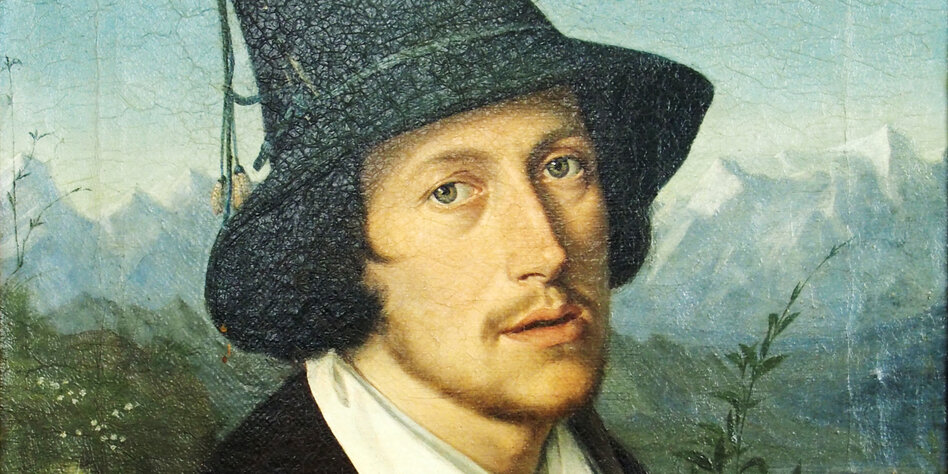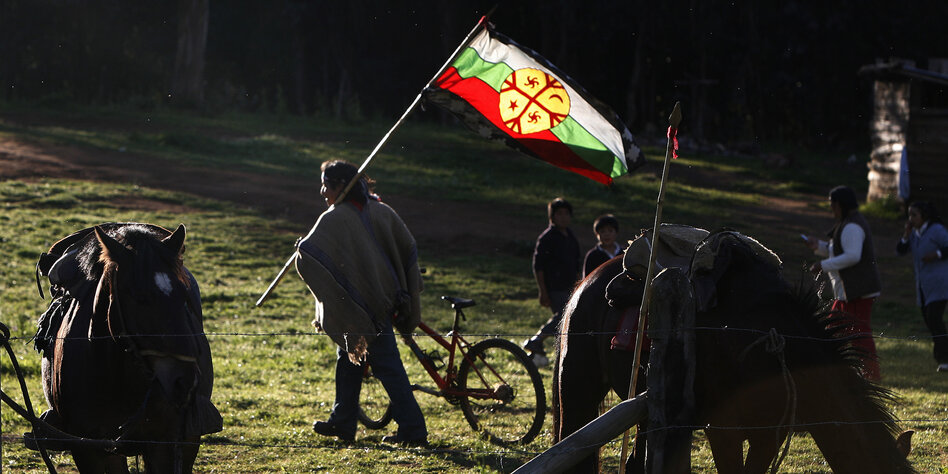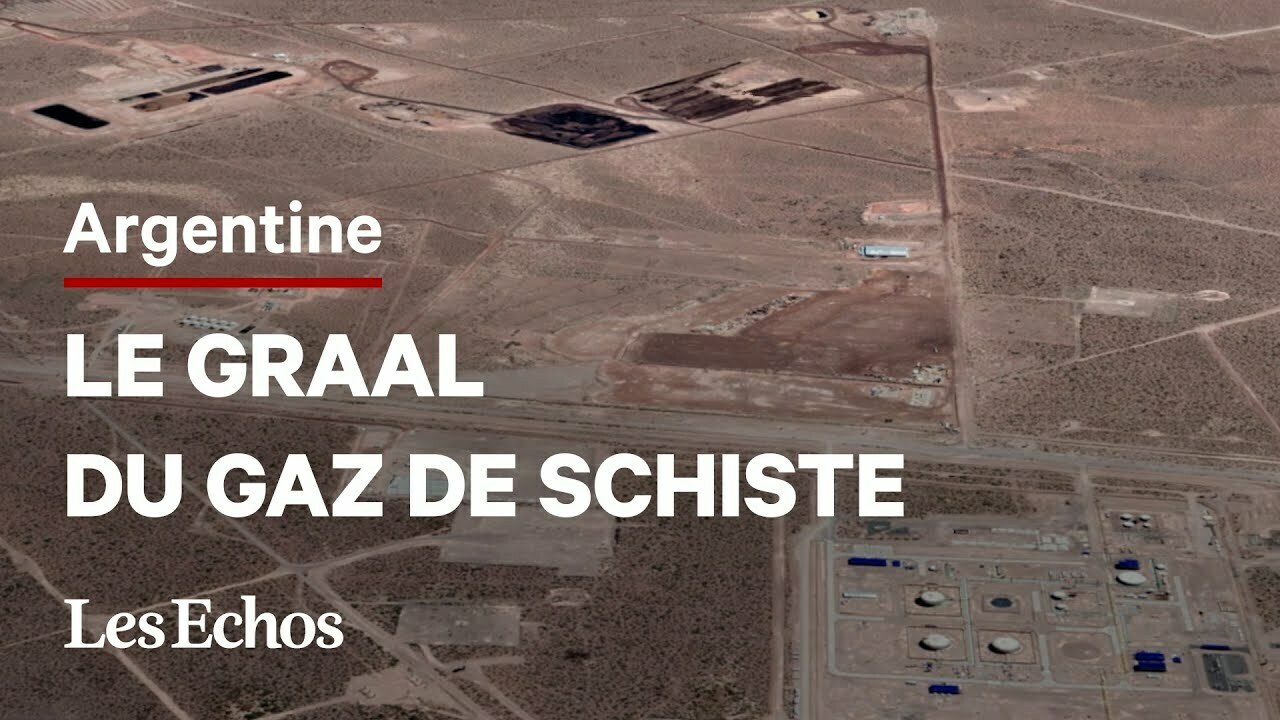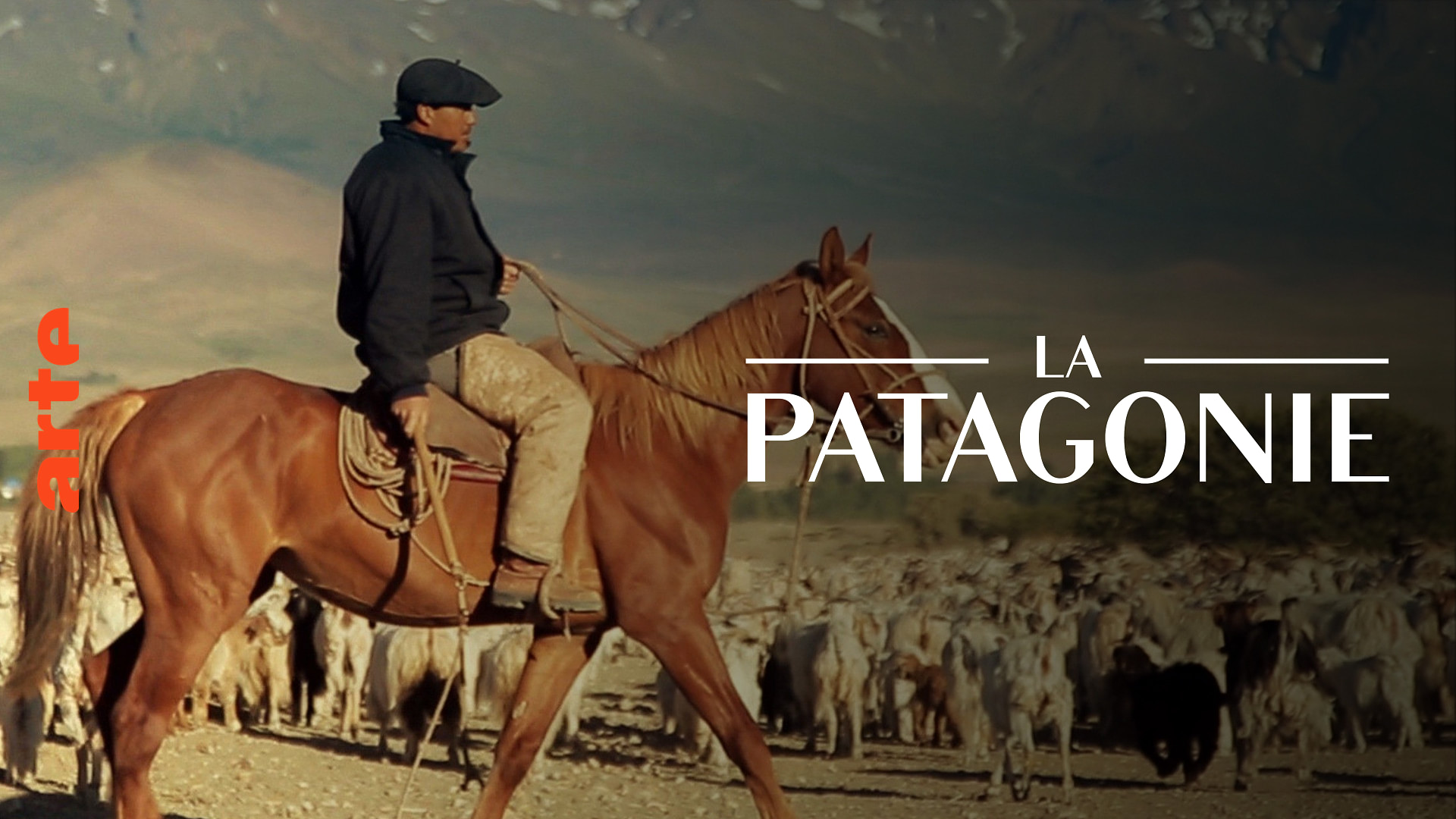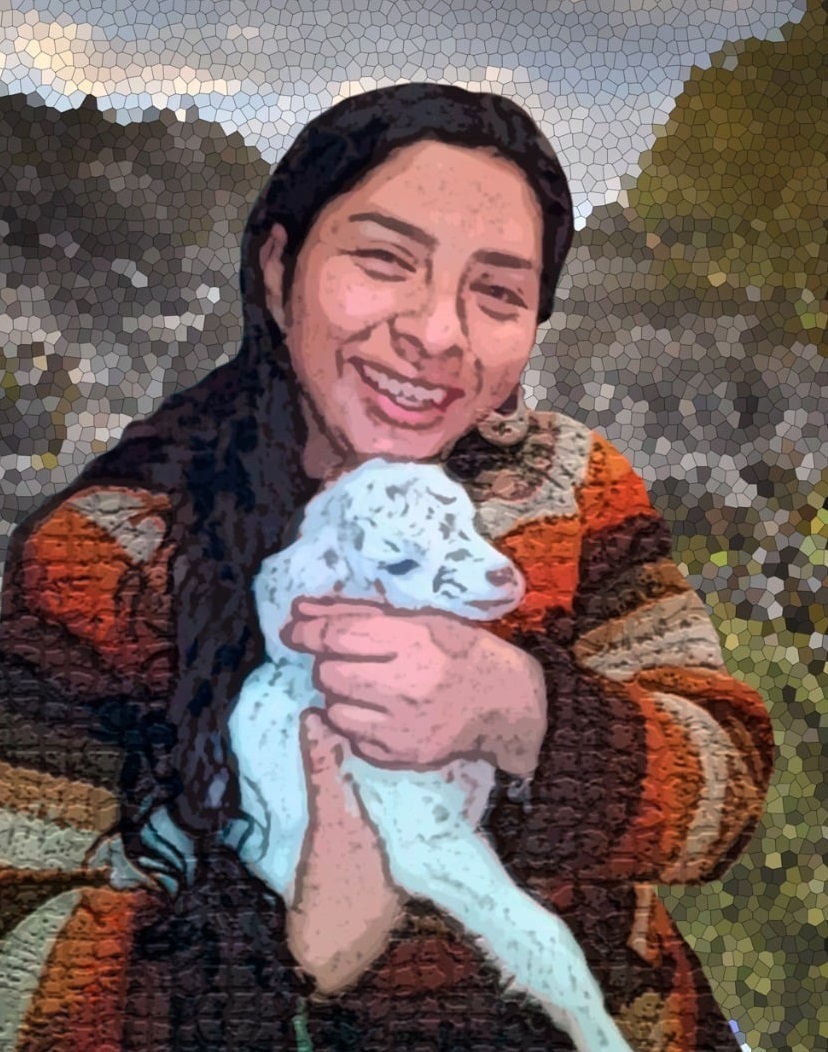a friends daughter passed away last week ,
she was researching the #Mapuche tribe in
#Chile ,had never heard of them ,she did her thesis on them
#Indigenous #Peoples in Chile
There are 10 different Indigenous groups in Chile. The largest one is the Mapuche, followed by the Aymara, the Diaguita, the Lickanantay, and the Quechua peoples. Chile is the only country in Latin America, that does not recognise the Indigenous Peoples in its constitution. For that, Indigenous groups face challenges, especially in terms of territorial rights.
However, the UN Declaration on the Rights of Indigenous Peoples was adopted by the Government of Chile on 13 September 2007 and ILO convention 169 was ratified in 2008. Despite Chile’s constitution not recognizing the Indigenous Peoples, the Ministry of Social Development has convened an Indigenous constitutional drafting process to gain the perspective of the Indigenous Peoples on the content of a new constitution.
Law No. 19,253 of 1993 on Indigenous promotion, protection, and development remains in effect, even though it does not meet international law standards concerning the rights of Indigenous Peoples to land, territory, natural resources, participation, and political autonomy.
Indigenous Peoples in Chile
There are 10 different Indigenous groups in Chile. Despite being in constant increase since the 1990s, the Indigenous population of Chile has not varied greatly since the 2017 census, resulting in 2,185,792 people self-identifying as Indigenous, or the equivalent of 12.8% of the country’s total population of 17,076,076. The Mapuche are the most numerous (almost 1,800,000 individuals), followed by the Aymara (156,000) and the Diaguita (88,000).
There has been a notable and sustained increase in the proportion of Indigenous population living in urban areas, with 87.8% of Indigenous members now living in cities compared to 12.2% living in the countryside.
Main challenges for Chile’s Indigenous Peoples
According to the Ministry of Social Development, 30.8% of the Indigenous population live in poverty, while for the non-indigenous population that figure is 19.9%. The region of Araucanía, which concentrates the largest Indigenous population, continues to be the country’s poorest region.
A continuous struggle for the Mapuche peoples is their rights to the lands and territories, which legally and/or ancestrally belong to them. In the Region of the Araucanía and Los Ríos, the rights of the Mapuche people have been gravely threatened by the expansion of extractive, production, and infrastructure projects. The great majority of these initiatives belong to private corporations.
Although a new legislative bill raises questions on the part of Indigenous Peoples and has created the Biodiversity and Protected Areas Service (SBAP) and the National Protected Areas System (SNAP), it fails to recognize the contribution of Indigenous Peoples to biodiversity, does not protect indigenous rights against public and private conservation initiatives, nor recognizes or protect indigenous and community conservation initiatives.
Another challenge is the criminalization of Mapuche social protest by the state. During 2017, the #State broadly used the Antiterrorist Act to #persecute members of the Mapuche #people. During the course of the year, that law was invoked against 23 Mapuche persons charged with terrorist homicidal arson, terrorist arson, and/or terrorist conspiracy.
https://www.iwgia.org/en/chile.html
#governments are the evil ones in their suits and ties ,
they watch and get rich as tribal humanity dies .
